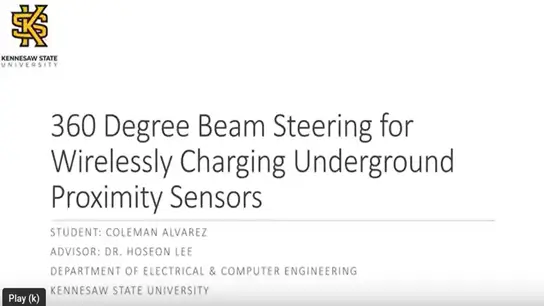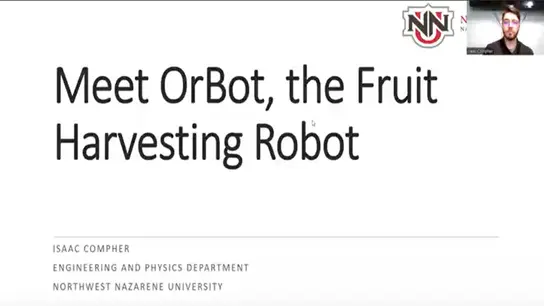Reliable Flooding in Dense Backscatter Based Tag to Tag Networks
Dilushi Piumwardane, Christian Rohner, Thiemo Voigt
-
Members: FreeRFID
IEEE Members: $11.00
Non-members: $15.00Length: 00:12:28
27 Apr 2021
RFID and backscatter allow for extremely low- power or battery-free tags by outsourcing the generation of the radio carrier wave to an external device such as an RFID reader. Recent advances in backscatter communication enables tags to both transmit and receive standards-compliant packets with sub-milliwatt power consumption. The ability to receive packets makes multi-hop tag-to-tag networking possible, a task that current backscatter networks currently provide only for limited topologies. Tag-to-tag networks further allow for novel applications such as wireless robotic materials that inherently require dense networks of such tags. In contrast to conventional networks, the tags' communication range in such networks depends heavily on the signal strength of the carrier wave at the transmitter and the receiver. In this paper, we demonstrate for the first time on real hardware multi-hop in backscatter-based networks using standards-based protocols. We present analytical and simulation results that show that both the output power and the position of the carrier generator impact the reliability of the network. We finally demonstrate that simple flooding with a random forwarding delay is an efficient solution for transfering data in such networks.


